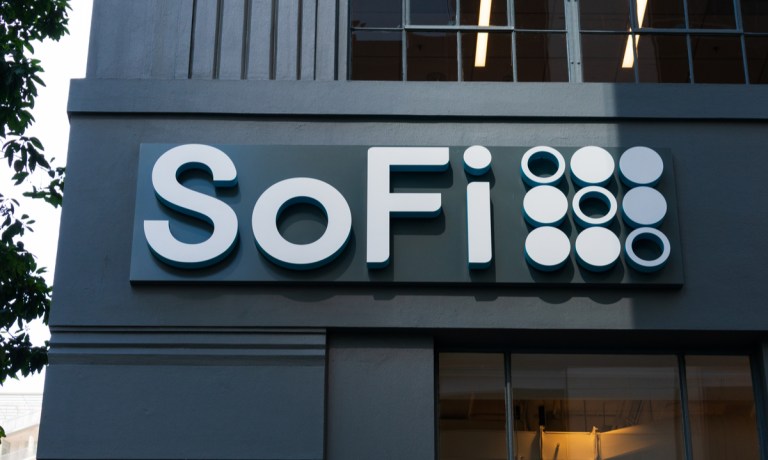SoFi Student Loan Originations Soar 101% Year Over Year as Repayments Resume

SoFi earnings lauded a surge in student loan demand ahead of repayments that resumed this fall, marking its highest quarterly pace of originations in more than a year.
Earnings materials from the company noted that new membership momentum carried over into the most recent quarter as this metric gained 47% year on year to 717,000.
Galileo account growth was up 10% to 137 million.
Student loan originations were up 101% to $919.3 million.
Personal loans were up 38% to $3.9 billion.
CEO Anthony Noto said during a conference call with analysts that financial services products of 8.9 million at quarter end grew by 50% year over year, while lending products of over 1.6 million were up 24% year over year.
“Student loans, as expected, saw some increasing demand ahead of the resumption of student loan payments,” he said.
The pace was SoFi’s highest quarter of originations since the first quarter of 2022, he said.
At the end of the third quarter, he said, more than 65% of loans were funded by deposits, and $2.9 billion of new deposits in the quarter helped fund the $5.2 billion of total originations.
“We’ve also seen the quality of our deposits remain strong,” he said on the call. “Ninety percent of our deposits are from direct deposit customers, and 98% are insured deposits, which means they’re not just high quality, but they’re also diversified.”
SoFi Money Accounts Grow
Noto stated on the call that there was also “strong growth” in SoFi Money products, up 53% year on year to 3.1 million accounts. The median FICO score of members was 743 for the firm’s direct deposit portfolio — and more than 50% of newly funded SoFi Money accounts are setting up direct deposit by day 30.
That connectivity, he told analysts, has “had a significant impact on spending.” Spending exceeded $1 billion in quarterly debit transactions, up 3.2 times year on year and representing more than $5 billion of annualized debit transaction volume.
Technology platform results were buoyed by growth in new vertical segments such as B2B and traditional financial institutions, new products and geographies.
“The demand from traditional financial institutions and new categories is the most robust that we’ve seen,” he added on the call.
Chief Financial Officer Chris Lapointe said on the call that, in a nod to the student loans segment, “our student loan borrowers’ weighted average income is $180,000 in a weighted average FICO of 781. Our on-balance sheet delinquency rates and charge-off rates remain healthy and are still below pre-COVID levels.”
The overall on-balance sheet 90-day personal loan delinquency rate was 0.48% in the third quarter, while the annualized personal loan charge-off rate was 3.44%.
“We continue to expect very healthy performance relative to broader industry levels,” said Lapointe.
During a question-and-answer session with analysts, management noted that federal student loan borrowers are refinancing to save costs relative to their current rates, and many borrowers are seeking to lower their monthly payments — which Noto said may result in a “slow, steady climb” as repayments continue.